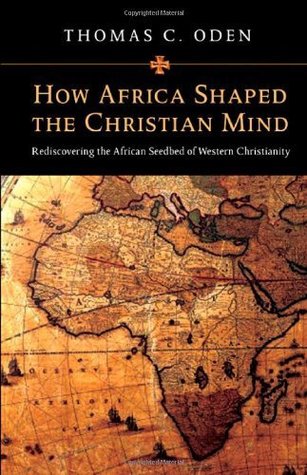Kindle Notes & Highlights
Africa played a decisive role in the formation of Christian culture. Decisive intellectual achievements of Christianity were explored and understood first in Africa before they were recognized in Europe, and a millennium before they found their way to North America.
During the first four centuries Christianity emerged with equal vitality in the Maghreb, where the great Carthaginian and Numidian writers were Tertullian, Cyprian, Arnobius, Optatus and Augustine.
This point must be savored unhurriedly to sink in deeply: The Christians to the south of the Mediterranean were teaching the Christians to the north. Africans were informing and instructing and educating the very best of Syriac, Cappadocian and Greco-Roman teachers. This flow of intellectual leadership in time matured into the ecumenical consensus on how to interpret sacred Scripture and hence into the core of Christian dogma.
All these brilliant centers of mind and spirit from Gaza to Nazianzus (Asia Minor) were constantly being fed by the ideas flowing from Africa in the third and early fourth centuries.
The Christian leaders in Africa figured out how best to read the law and prophets meaningfully, to think philosophically,
and to teach the ecumenical rule of triune faith cohesively, long before these patterns became normative elsewhere.
The unrivaled library of Alexandria was the model for university libraries all over Europe. It was unexcelled for five centuries.
Christian scholarship was born in the leading academic center of the ancient world: Alexandria. That vital crucible of learning was itself transformed by Christianity and exported to Rome, the Rhone valley, Byzantium and Antioch.
The normative early Greek and Latin Bibles before Jerome (the Septuagint and the Old Latin Bible versions) were both products of Africa.
Western Christian dogma was formed with precision in Africa before it became ecumenically received worldwide.


